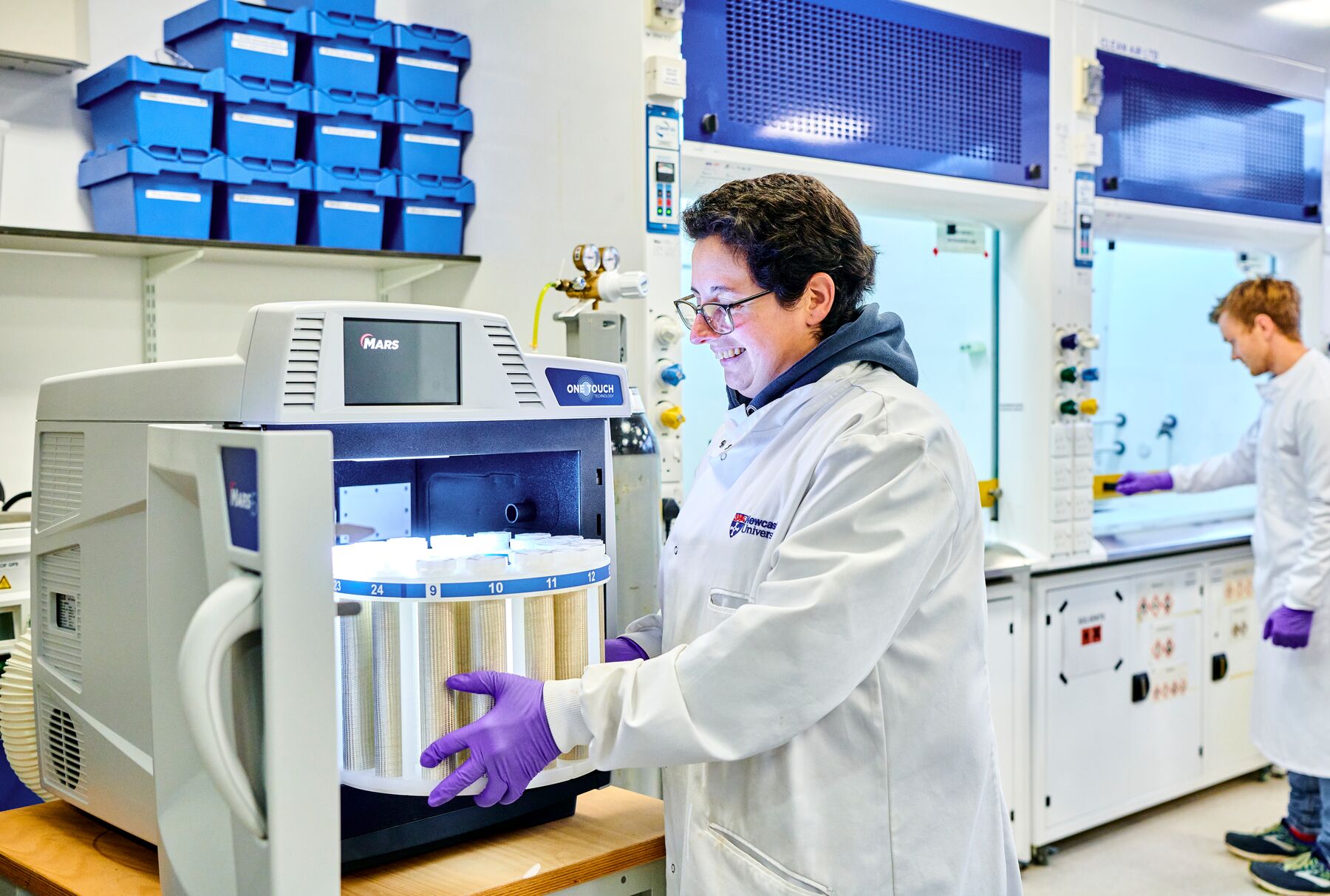Research Facilities
Research facilities combine top of the range equipment with highly trained and experienced staff.
Our facilities
Our facilities underpin much of Newcastle University's world-class research. They provide access to state of the art equipment, specialist expertise, and dedicated analytical and testing services. Access to multiple facilities in combination can be a particularly powerful resource.
You can search for the facility you require using the alphabetical listing.
